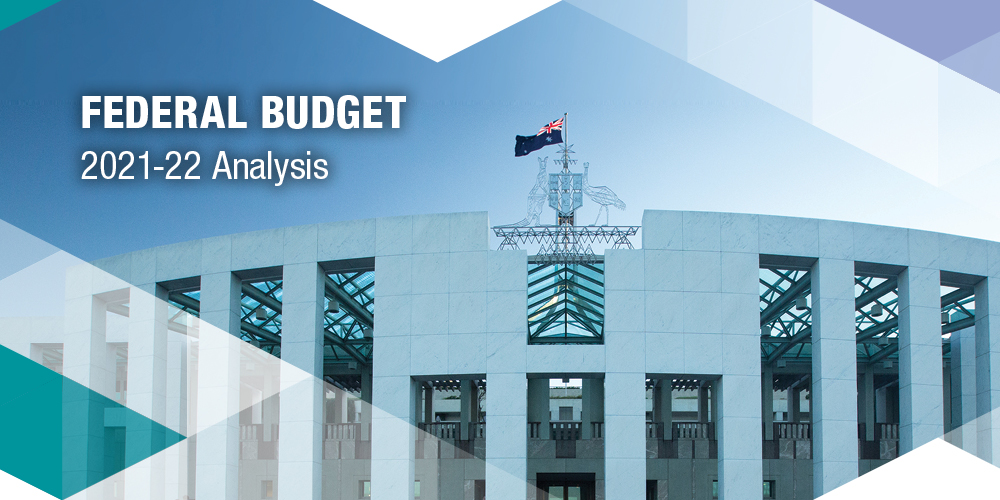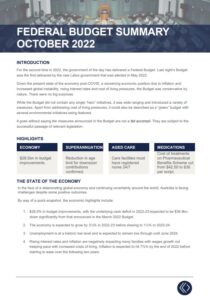
Separation and divorce can be a challenging time, often made all the more difficult when you have to divide your assets. So how do you go about decoupling your superannuation?
In years gone by, superannuation was not treated as matrimonial property, so divorce settlements typically saw the woman keeping the house as she generally had the children and the man keeping his super. In a sense, neither party won. She ended up with a house but no money for her retirement while he had nowhere to live but money for his later years.
To remedy this situation, since 2002 super can be included when valuing a couple’s combined assets for a divorce settlement. After all, these days super is probably your second largest asset after your family home.
While super is counted in the calculation of the total property, that does not mean it is mandatory to split the super – the choice is yours.
Unlike the early 2000s, both partners are likely to have superannuation these days although traditionally women will still tend to have lower balances.i On average, women retire with just over half the super balance of men and 23 per cent of women retire with no super at all.
As a result, many divorcing couples may end up splitting super along with their other property.
How to split your super
If you decide to split your super, then you have three avenues, but keep in mind that all require legal advice.
The three ways to split your super are:
- A formal written agreement that both you and your partner instruct a lawyer stating you have sought independent advice,
- A consent order, or
- A court order.
A court order is the last resort if you can’t agree on a property settlement.
You can split your super as you choose both in terms of the amount and the timing. You can split it as a percentage or as an agreed figure and you can choose to split it immediately or at some time in the future. Much will depend on each of your life stages.
But whatever you decide, you MUST comply with the superannuation laws. Money received from your partner’s super must be kept in super unless you satisfy a condition of release. You also need to be mindful of taxable and non-taxable components and divide them equally.
How does it work?
Say the superannuation balances of a couple is $500,000 with John having $400,000 and Susie $100,000. If the property settlement on divorce was decided as a straight 50:50 split and it included the super, then John would need to give $150,000 of his super to Susie.
Susie would nominate a fund and the money would be transferred.
If you have a binding financial agreement or a court order, this transfer of assets from one fund to another will not trigger a CGT event. But if you don’t have such an agreement, then John would trigger a CGT event on the $150,000 he transferred. Susie, meanwhile, would have the advantage of resetting the cost base on her received $150,000. So, a win for Susie, but not for John.
If John happened to be in the pension phase but Susie was still too young, the money that is transferred from his super to Susie will be treated according to his situation. As a result, Susie would be able to access the money before she reached preservation age.
What about SMSFs?
If you have a self-managed super fund, the situation could get a little more complicated as you have to deal with the issue of trusteeship.
If there are only two members/trustees in the fund and Susie chose to leave, then John would either have to find a new trustee within six months or change to a corporate trustee where he could be the sole director.
Assets within an SMSF can also prove an issue, particularly if a sizeable proportion of the fund was tied up in a single asset such as commercial premises. How easy would it be to sell the premises? What if the property was John’s business premises and the means by which John was in a position to pay Susie child support? These are questions that need addressing.
If you are in the process of divorce or considering it, please reach out to the Sherlock Wealth team here to help you plan your finances before and after the event.
i https://www.afr.com/companies/financial-services/women-less-than-equal-in-retirement-20201203-p56khb#








